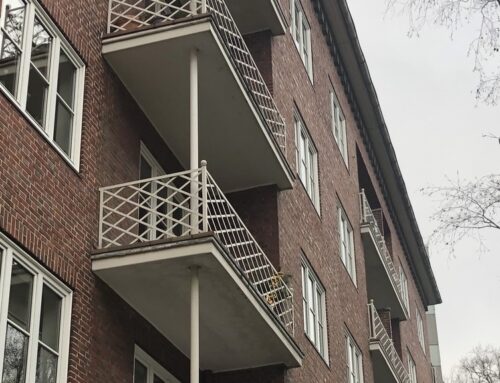The German property industry is undergoing a dynamic process of change in view of the significant changes in the global situation. The fight against climate change can no longer be delayed. A smooth transformation from fossil to renewable is therefore required. Global trouble spots have caused inflation to rise, resulting in significant increases in interest rates. This has brought the boom years of the property industry to an abrupt end. The actual demand for housing cannot be met at present.
Against this backdrop, there are numerous legislative changes and proposals, some of which have been initiated by the federal government or the state governments and some of which are prescribed at European level.
This weekly blog is intended to help you keep abreast of the most important developments, particularly from an international perspective.
WEEK 3:
- What’s new on the German property market?
The subsidy programmes for climate-friendly new builds (CFN), age-appropriate conversions and cooperative housing were launched again at the end of last week. A total of 762 million euros has been made available for the CFN programme. Funding is available for new builds and first-time purchases of newly constructed climate-friendly and energy-efficient residential and non-residential buildings that fall below specific limits for greenhouse gas emissions over their life cycle and meet the energy standard of an Efficiency House 40 / Efficiency Building 40 for new builds. Applications can be submitted to the Kreditanstalt für Wiederaufbau (KfW).
Further details can be found at
https://www.bmwsb.bund.de/SharedDocs/pressemitteilungen/Webs/BMWSB/DE/2024/02/Foerderprogramme.html
- What’s going on in Hamburg?
It was a real bombshell: last week, the Free and Hanseatic City of Hamburg exercised its right of first refusal for the first time in a share deal.
You can read about it officially here:
Why is this important?
The share deal, i.e. the sale of shares in a company instead of the property, has long been a thorn in the side of many. The main driver of this model is the avoidance of real estate transfer tax. Although the conditions have been tightened in recent years, it is still widespread.
What is a right of first refusal?
A pre-emptive right includes the right to enter into a purchase agreement as a buyer. Cities and local authorities regularly have such rights when selling property and often make use of them. In the case of share deals, it was previously disputed whether such a right even existed. However, as a legal dispute was avoided, the question has not been conclusively answered by the above case. Nevertheless, the development is exciting, as it is likely to set an example.
- And what is the case law doing?
The decision of the BGH is somewhat older, but important and should therefore be mentioned here. It confirms a principle that many property sellers rarely take to heart. Keep your eyes open – not only when buying a house, but also when selling. If I am obliged to provide information, I should also fulfil my obligations.
The BGH dealt with the sale of commercial property in Hanover, where the seller only provided crucial information about upcoming renovation work in a digital data room shortly before the contract was signed (three days before). The purchase price was 1.525 million euros, while the estimated refurbishment costs totalled up to 50 million euros. The BGH ruled that the mere provision of the documents without explicit reference was not sufficient to fulfil the duty of disclosure. There is a risk of rescission due to fraudulent misrepresentation, claims for damages, etc. It is therefore worthwhile to exercise a high degree of due diligence, which in case of doubt is not satisfied by the mere provision of information. There is a genuine duty to provide information (BGH, judgement of 15.9.23, V ZR 77/22).



